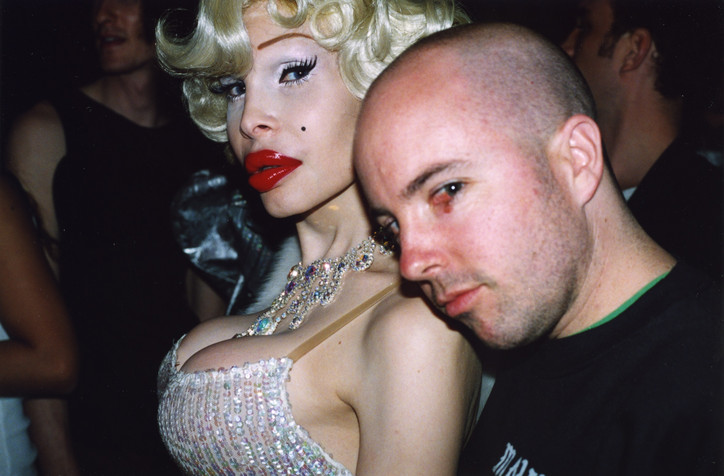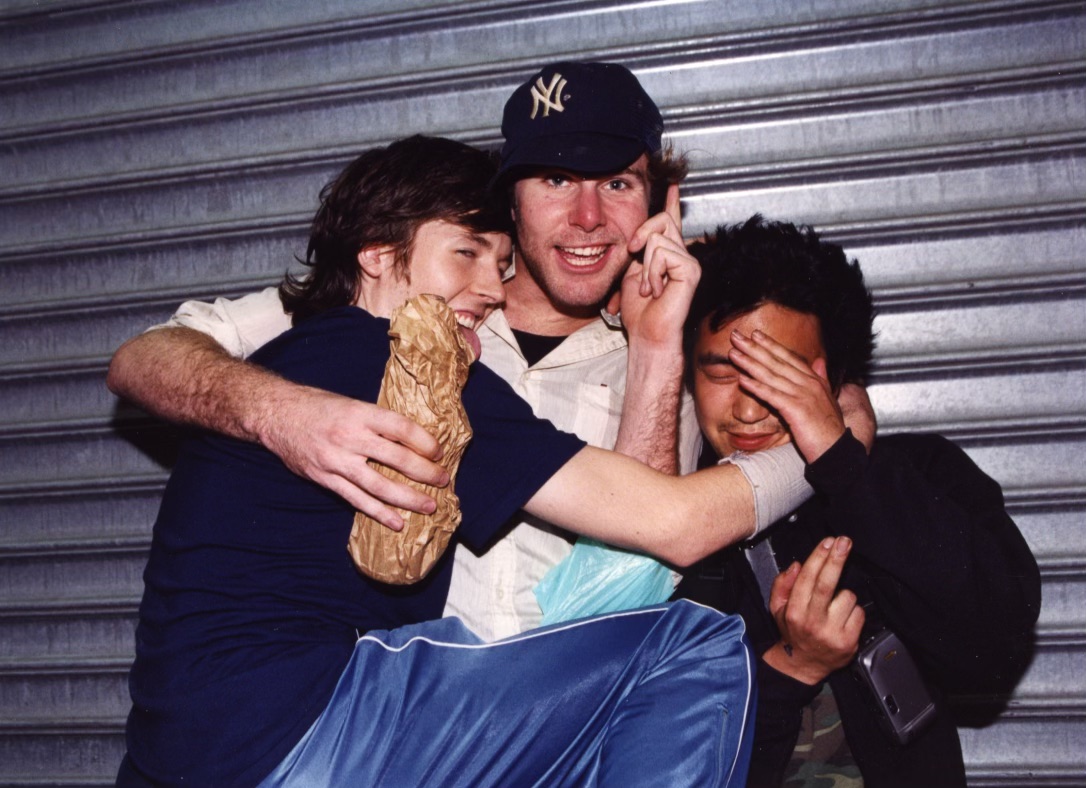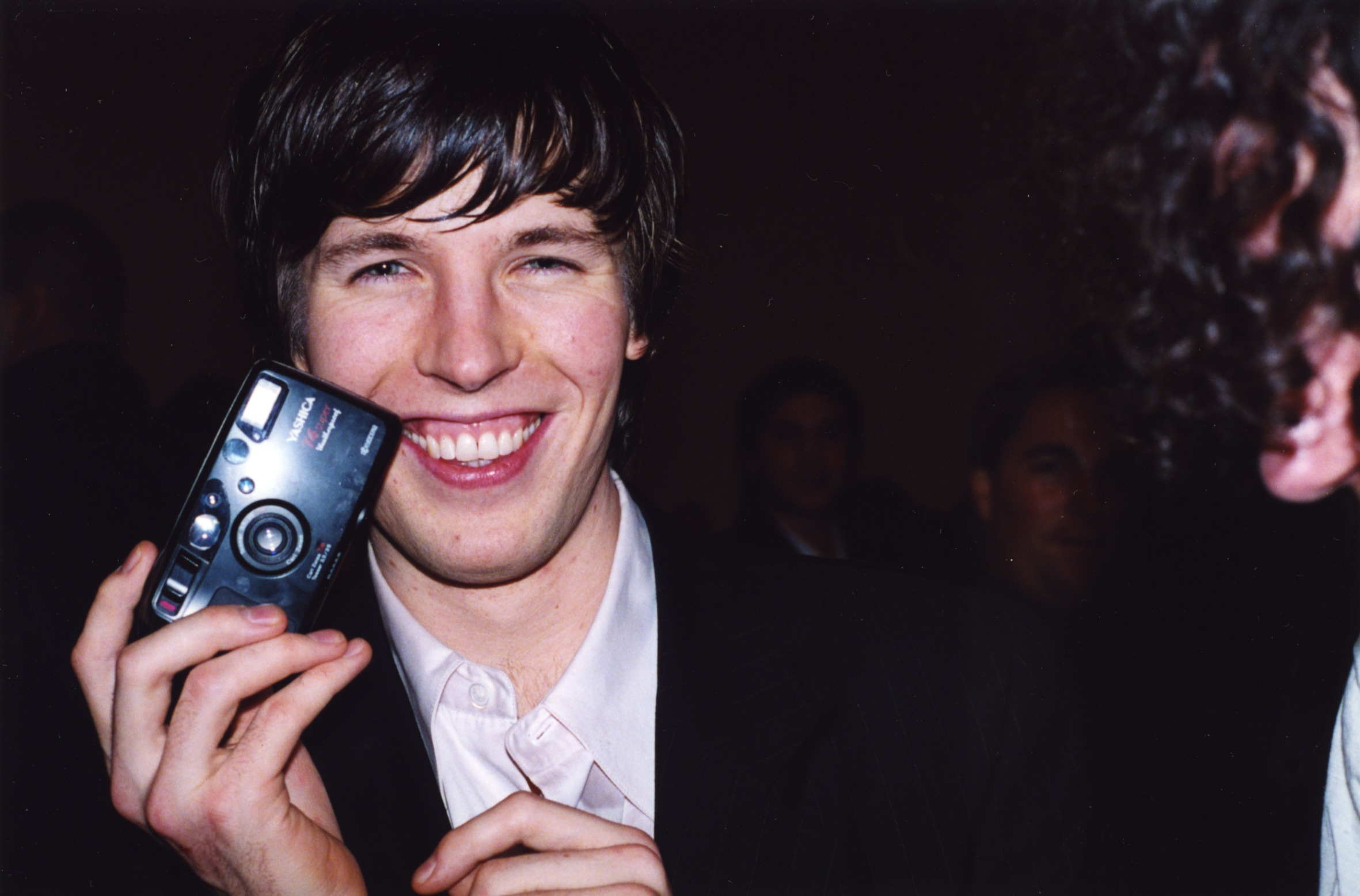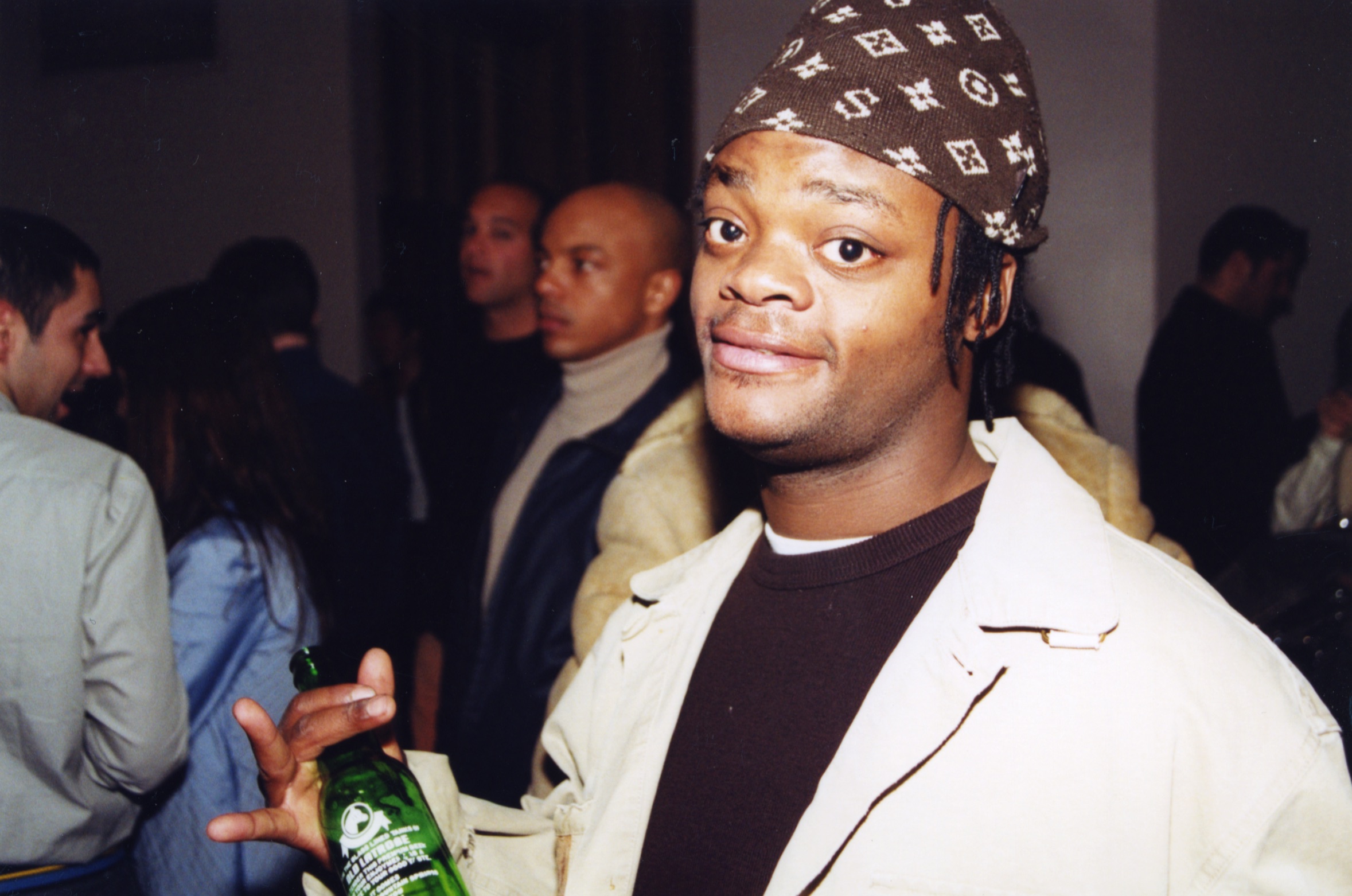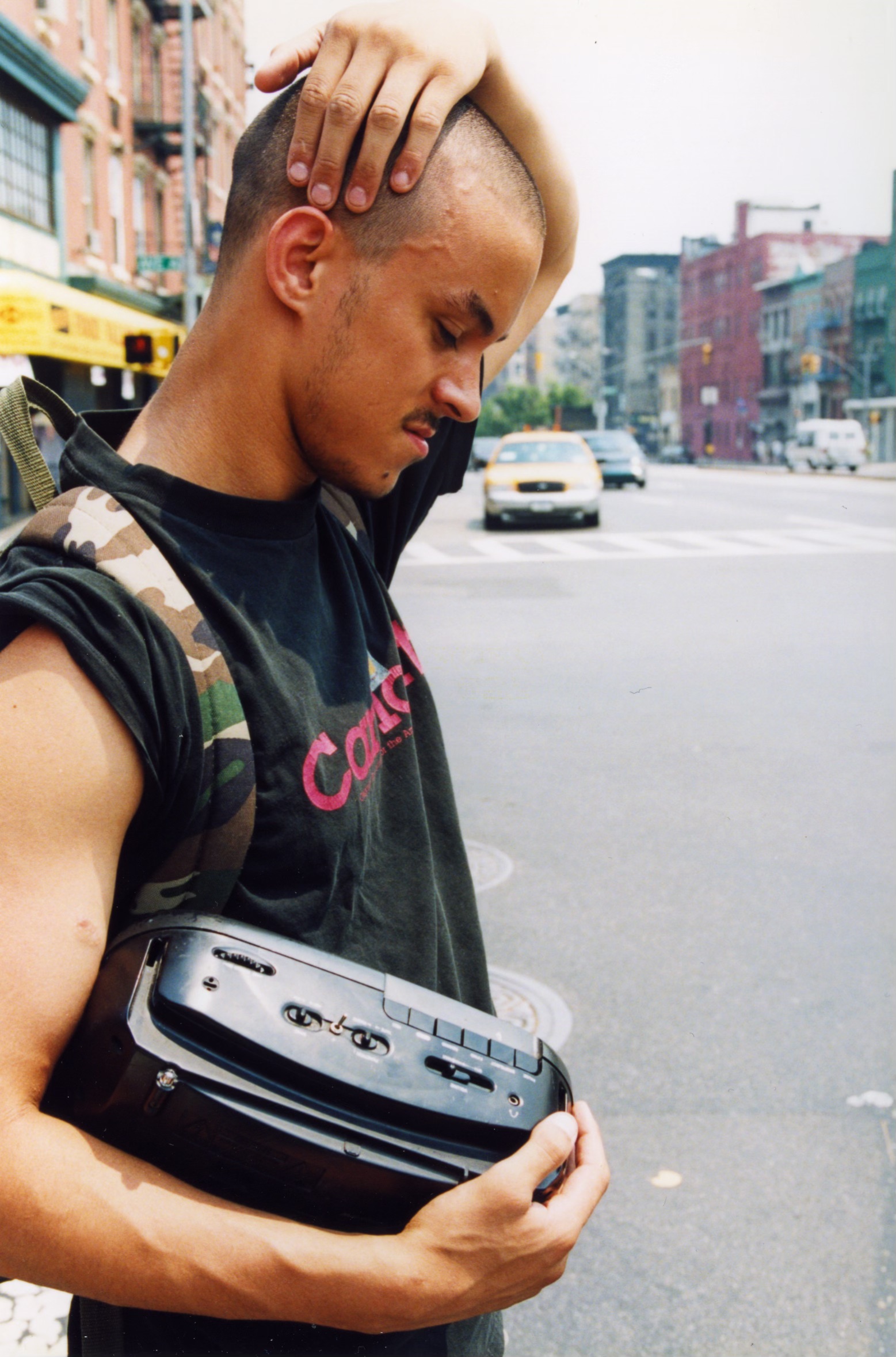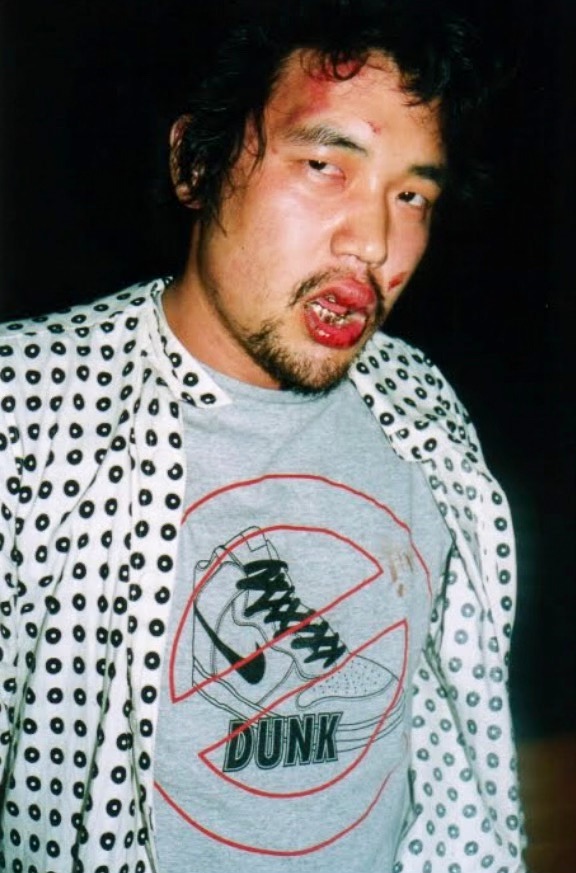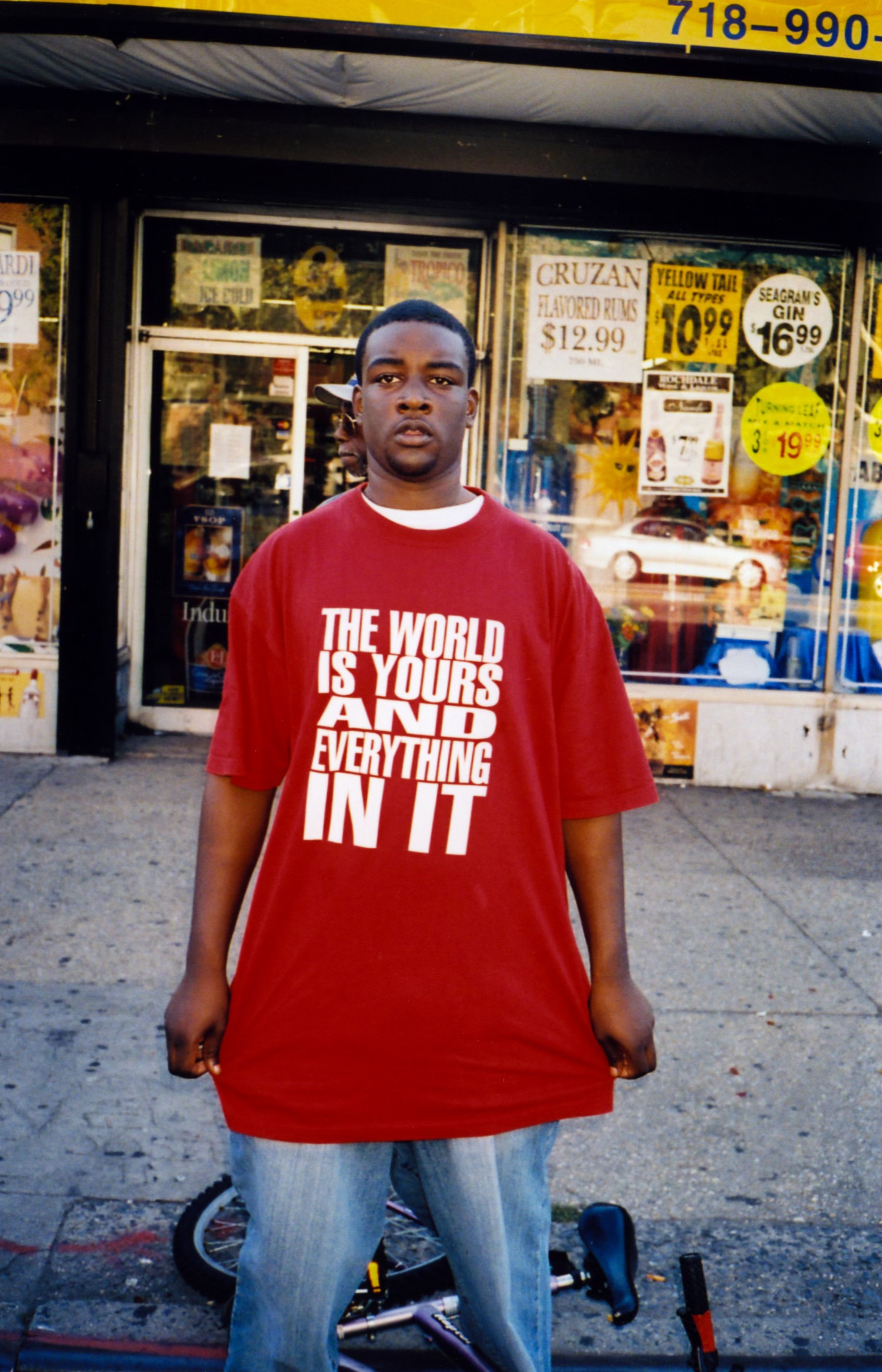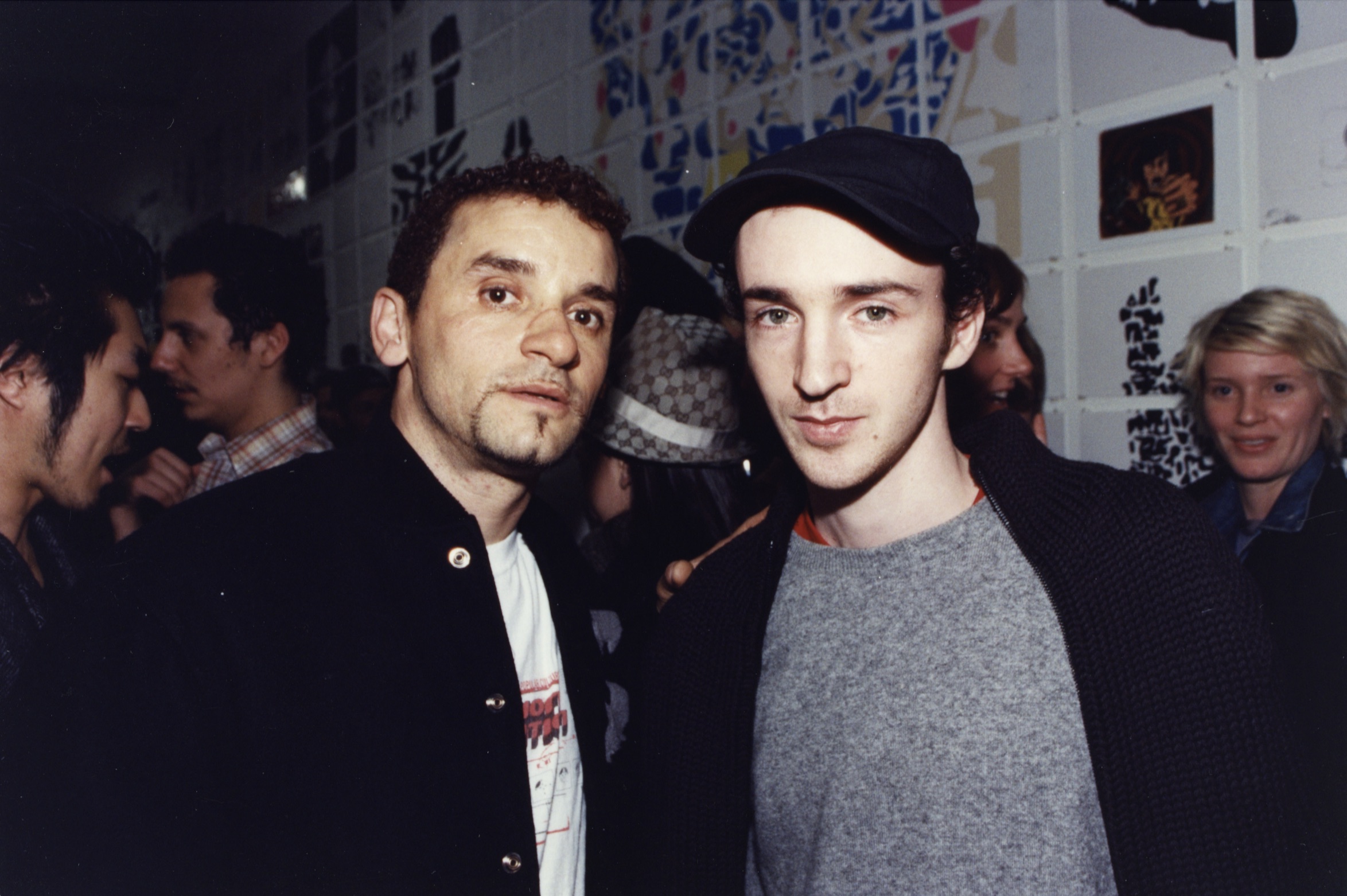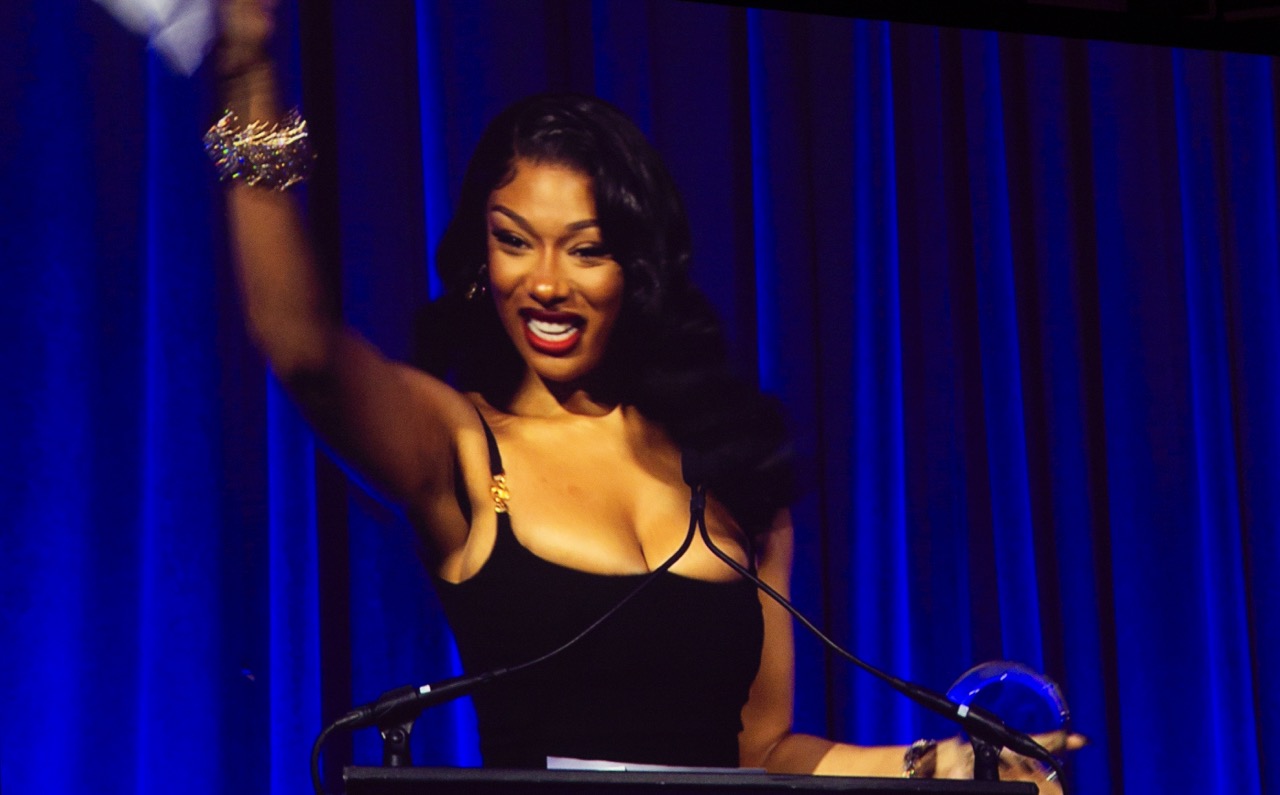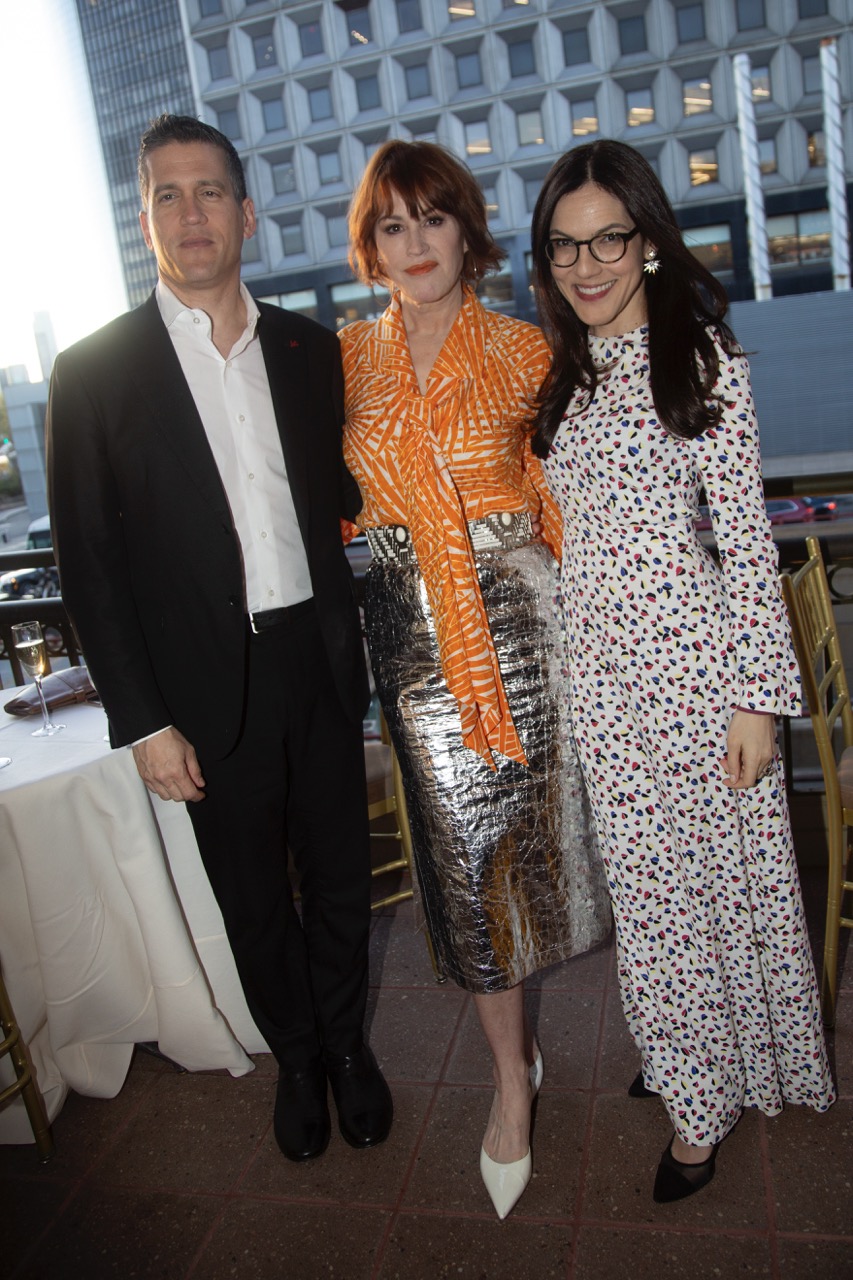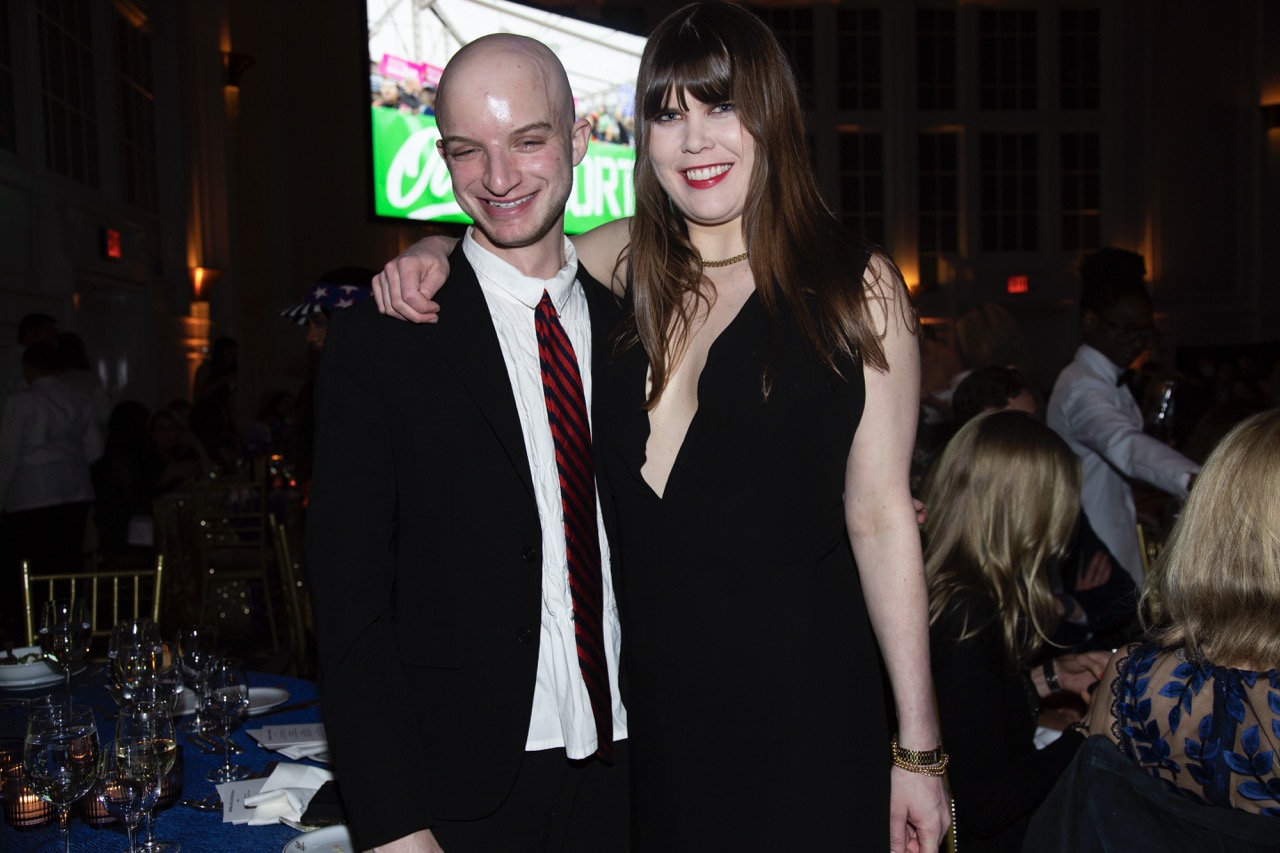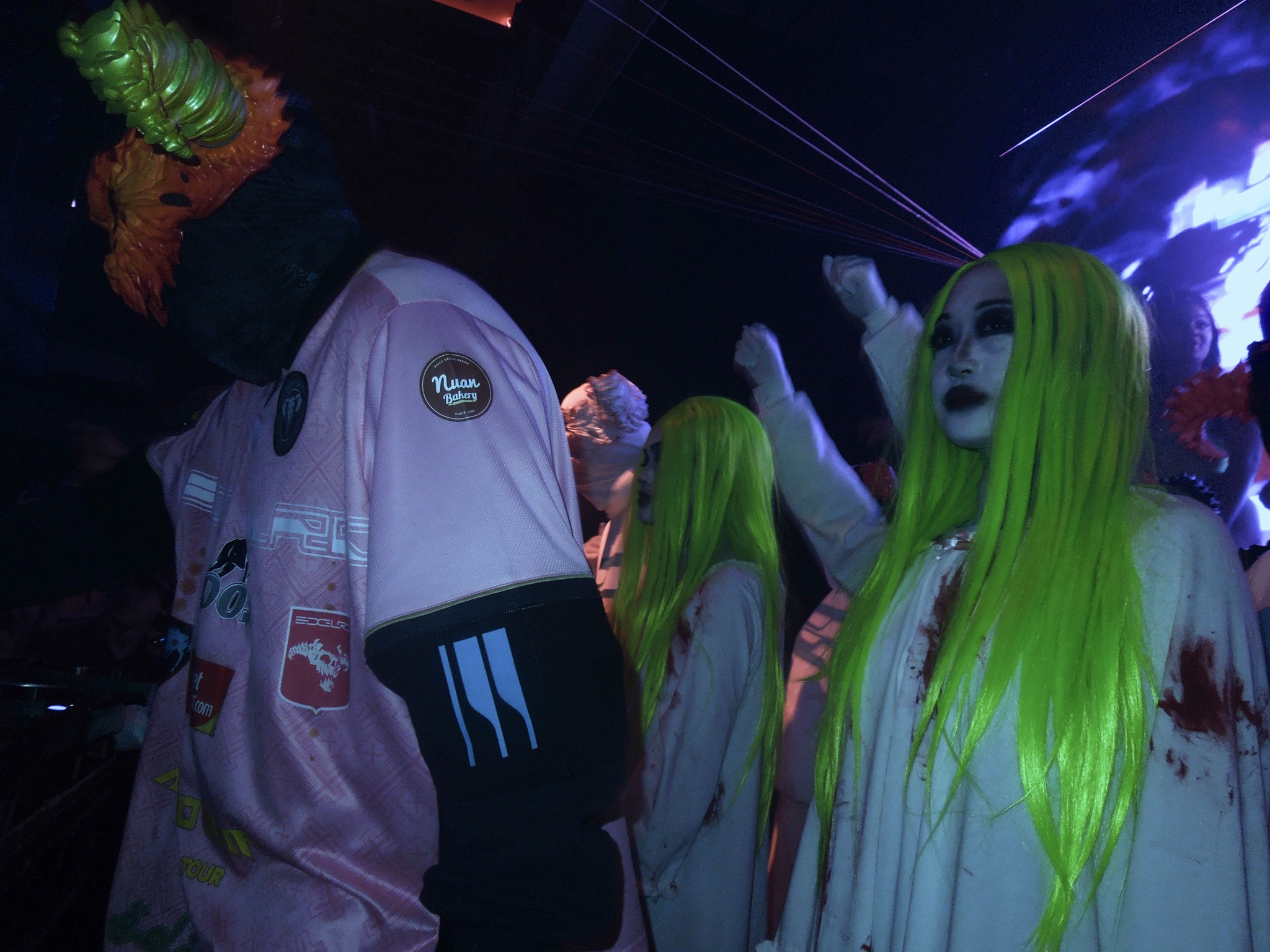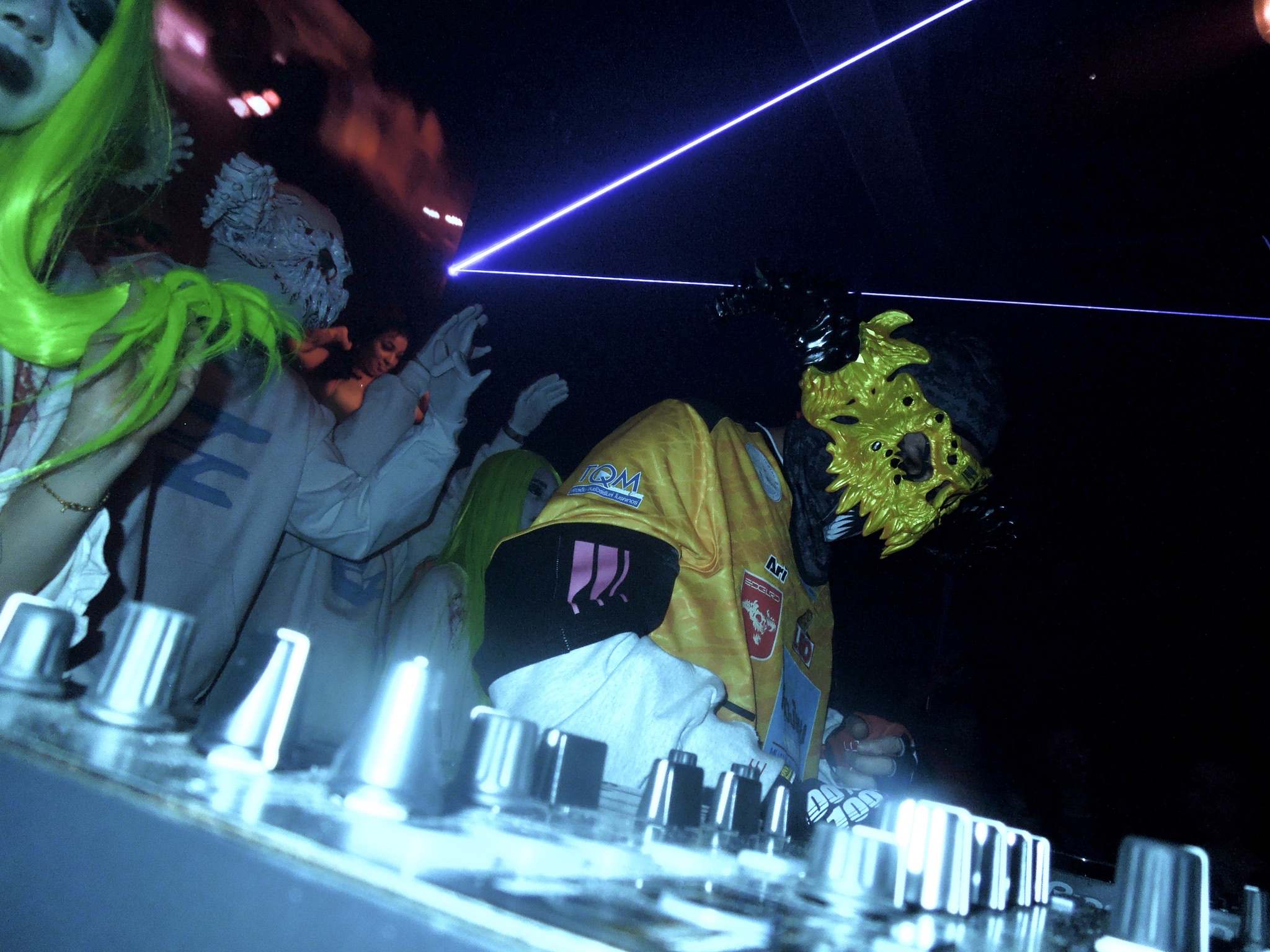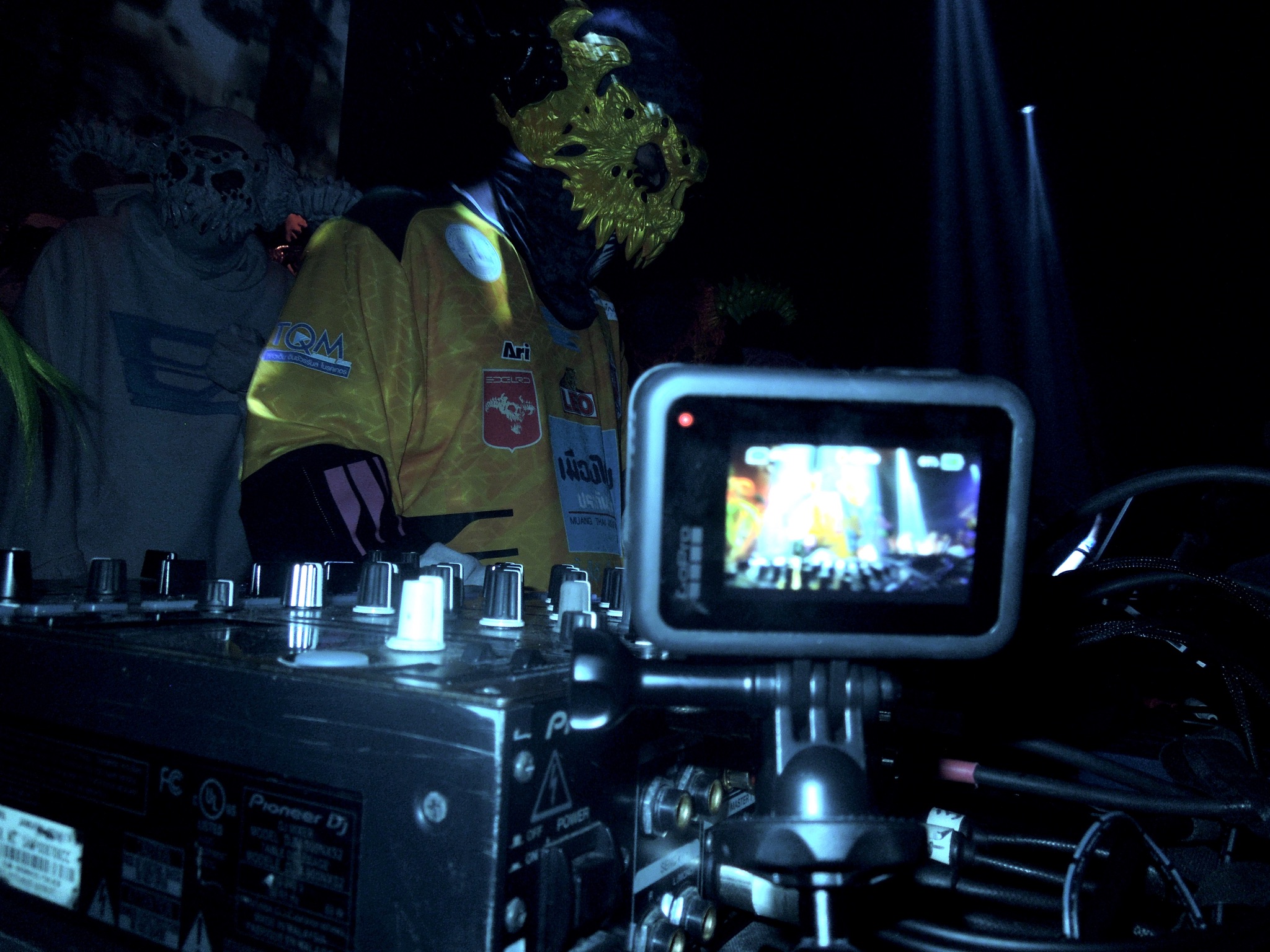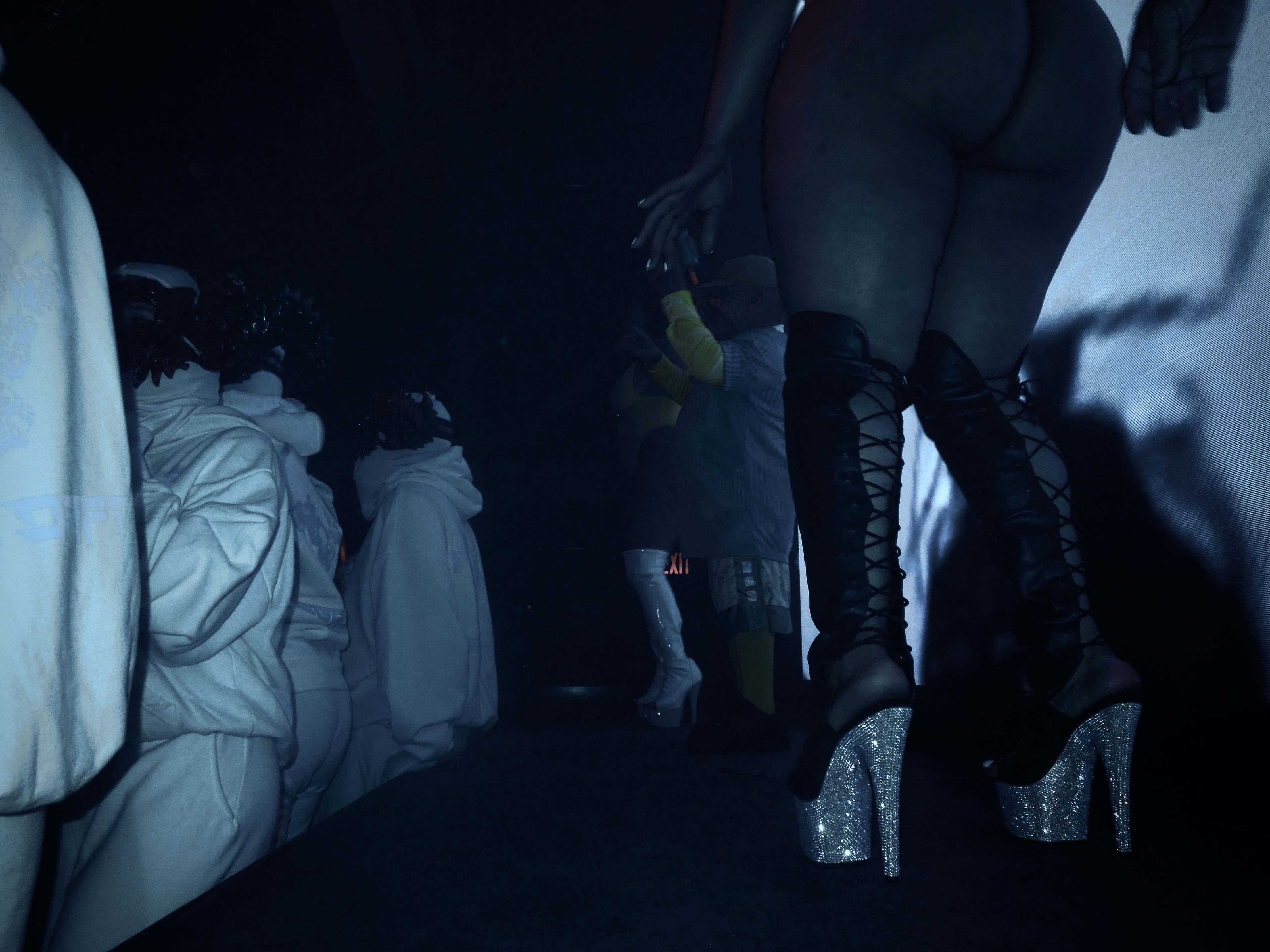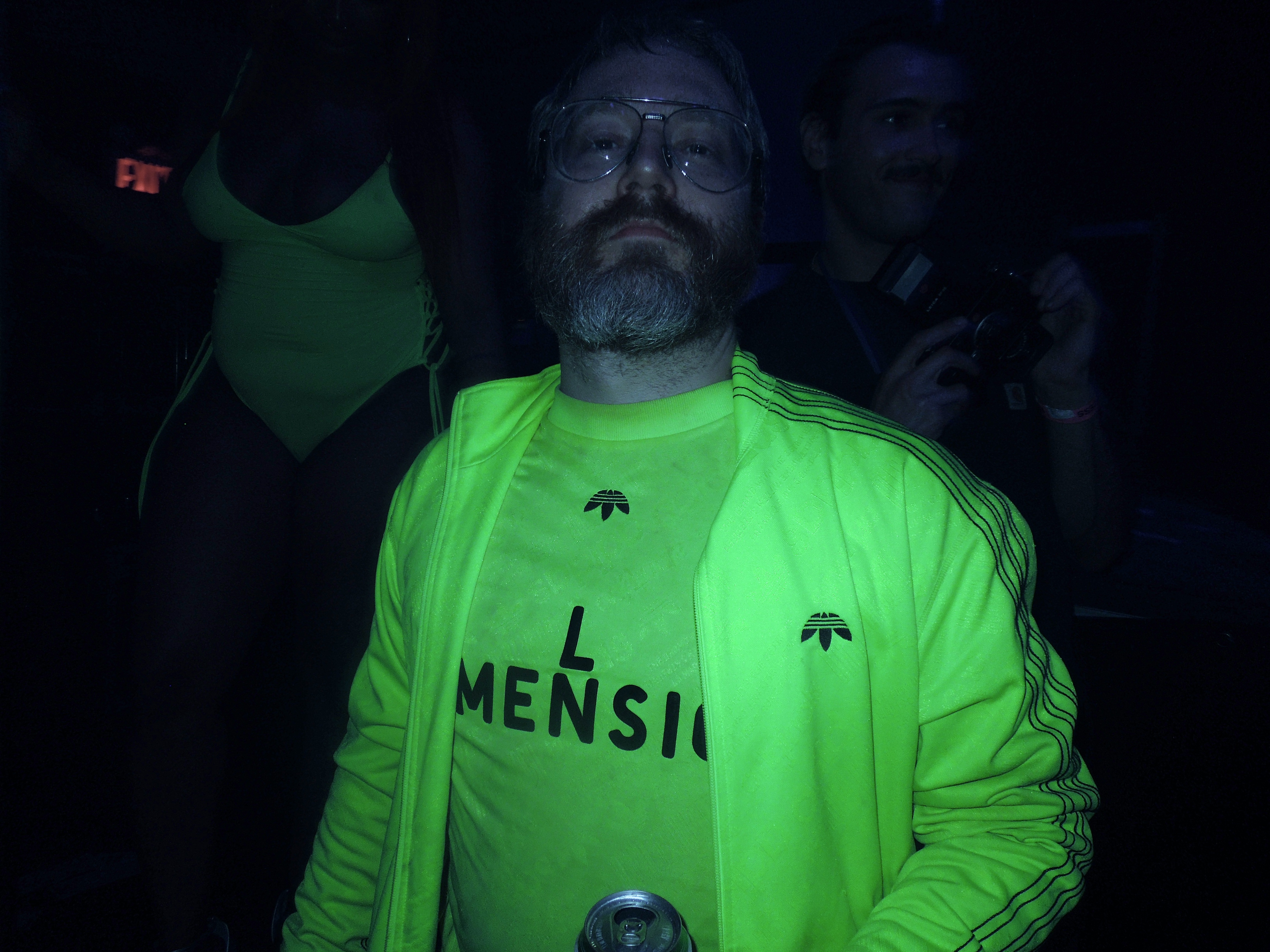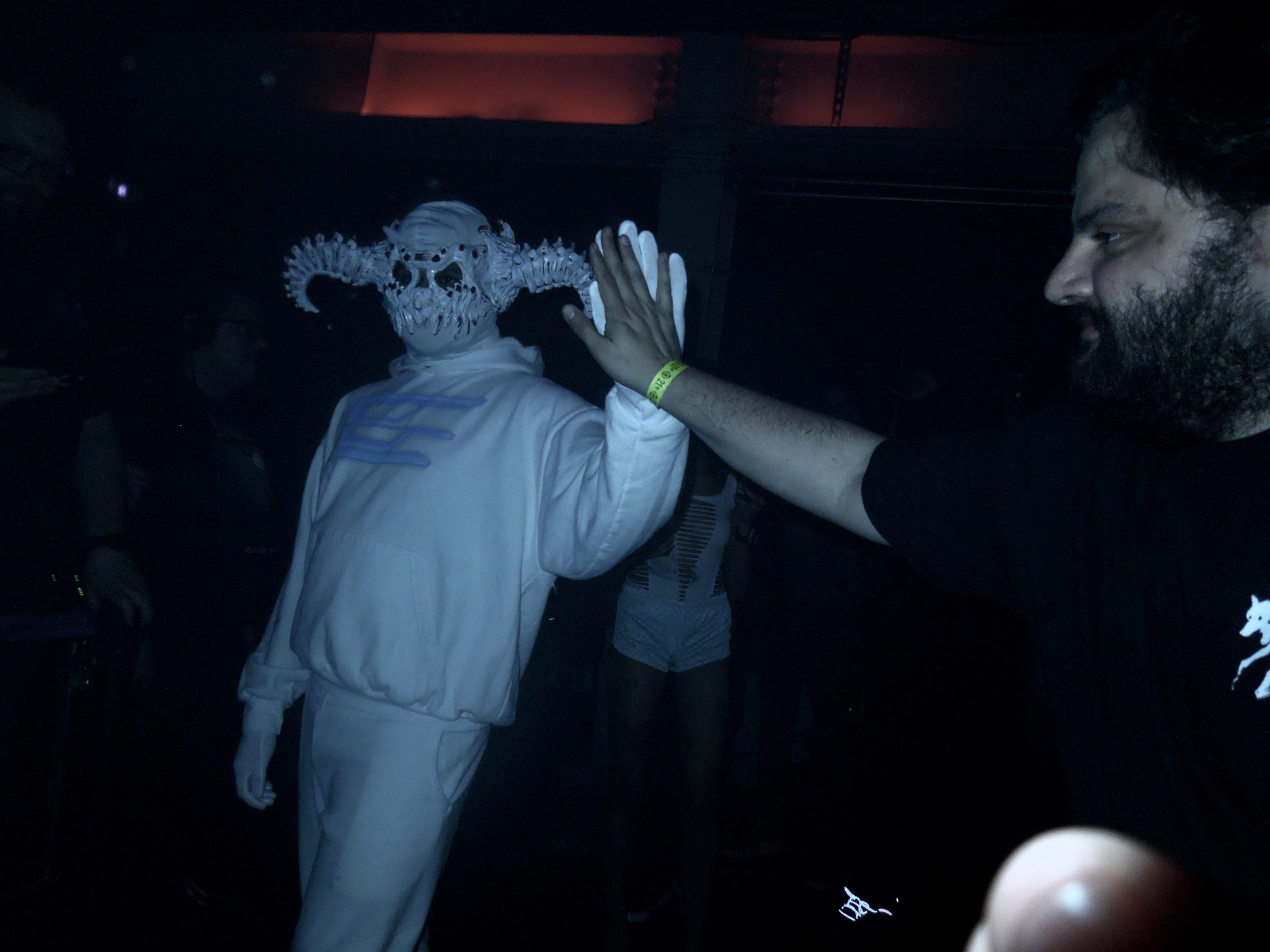Angels In The Outer Boroughs


About a quarter-way through the film, “Young Americans” photographer Marie Tomanova turned to me and brilliantly remarked, “They don’t have cellphones in this; is this a period piece?” Later research indicated that it is, sorta––it’s set in 1993, but Peter Andrew Lee’s verite direction keeps us far away from ‘90s kitsch. But at the moment, I wasn’t sure; I’d been fully immersed in the overwhelming sense of family in the room. And this feeling of comradery was mirrored in the film. Even when the mother of Jimi Stanton’s principal character, Brendan, asks Nokia’s Eva, “Does my son have a big dick?,” it seems like she genuinely has the best intentions to protect her son; even if she’s unhinged and going after the wrong girl. (The Princess wants to love your son Erin Davies, can’t you tell from her soft eyes and enchanting voice, Momma?!)
During the Q&A, Nokia said that she always wanted to be that good girl from high school: “You’re boring, but I want to be you,” to which the room responded with a resounding nod of empathy and understanding. The movie works because it’s a classic love story. The good kind, not the kind created in a writers’ room full of old white guys. I realized it was the first film I’d seen in a while where the characters are seen for who they are: complex humans and not objects synthesized in the mind of some wealthy white savior dude out in Silver Lake. It was woke but not about being woke––kiinda like an intersectional feminist rapper’s organic rise to fame on social versus some ad exec coldly calculating data to pick the perfect time to post paid content.
Brendan, Nokia’s love interest in the film, is tasked with taking care of his delinquent brother Conor, played by the melancholic Stanley Simons. As the result of a hazy summer in New York and equally hazy mother’s parenting, Conor is arrested for dealing and he’s ultimately saved by the sweet Brendan. Simons’ portrayal of teen angst felt nuanced and dazed, a performance that conversely takes a lot of focus and work to achieve. This relationship between brothers crystallized the film’s specialness; an authentic representation of the notoriously naval-gazing Millennial generation taking care of our successors, Gen Z. Unlike the grim ending of Larry Clark’s KIDS, a film set in the same time and place as Angelfish, this film feels hopeful about a generation of young New Yorkers. These earnest characters are able to rise above their hardships.
Best said by Nokia herself in “Balenciaga,”: “Bitches clout chase and they act hella rude. My priorities straight I don't know about you.”
Catch a screening of ‘Angelfish’, in select theaters, or streaming on demand today; and check out more behind the scenes magic from the making of the film, below.








